Wembley turns 100: Iconic stadium reaches century of existence (in multiple forms)
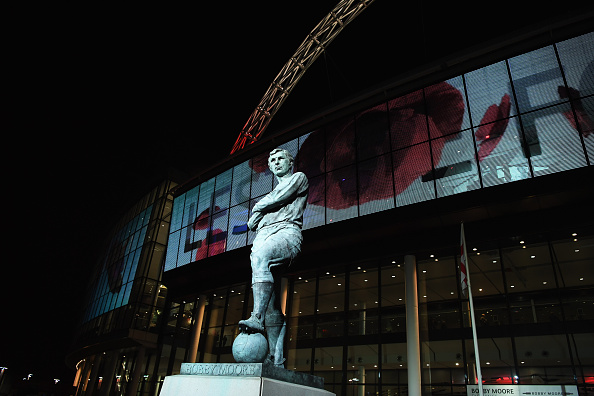
It has been home to England’s only World Cup final victory, hosted the likes of Live Aid and songstress Adele and was built on the site of a tower which was supposed to make the Eiffel Tower look like a garden ornament. Wembley Stadium as a site turns 100 today, and it’s fair to say it has been an iconic part of London’s history over the last century.
Yes, we know those of you of a moderate age will mention how it’s been rebuilt (completed in 2007) and how it isn’t what it once was.
But there’s no denying, whether an event happened in the shadow of the dual towers or the soaring arch, that Wembley has played host to some incredible moments over the years.
Here’s some of the most famous.
300,000 in attendance
The original stadium opened on this day in 1923 as it hosted Bolton Wanderers and West Ham United in the FA Cup final.
Though the capacity at the time was 125,000, 300,000 turned up to the game – including the then monarch King George V.
Bolton won the match 2-0 with David Jack and Jack Smith netting for The Trotters for manager Charles Foweraker.
The match was also known for a single white horse, Billie, doing some impressive crowd control – a pub named The White Horse has since been erected.
1948 Olympic Games
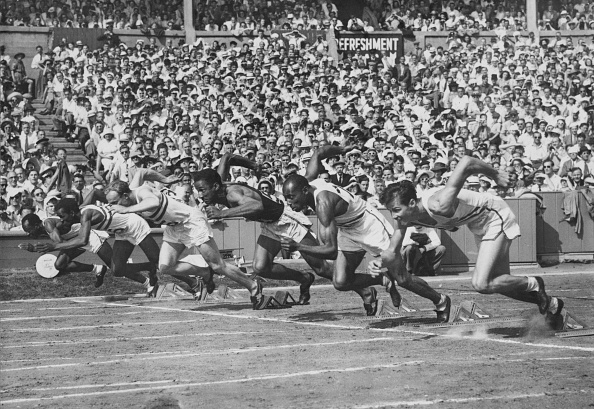
It was the second time Great Britain hosted the Olympics and the first time Wembley played a central role in putting on the 14th Olympiad.
The first Olympics since Hitler’s in 1936 in Germany, the London Olympics were the post-war celebration of global sport.
They were known as the Austerity Games.
The known as the Empire Stadium, Wembley saw the likes of Fanny Blankers-Koen shine with four gold medals and Audrey Patterson become the first African-Amercian woman to win a medal.
London went on to host the Olympics once more in 2012, using Wembley for the football.
1966 World Cup final
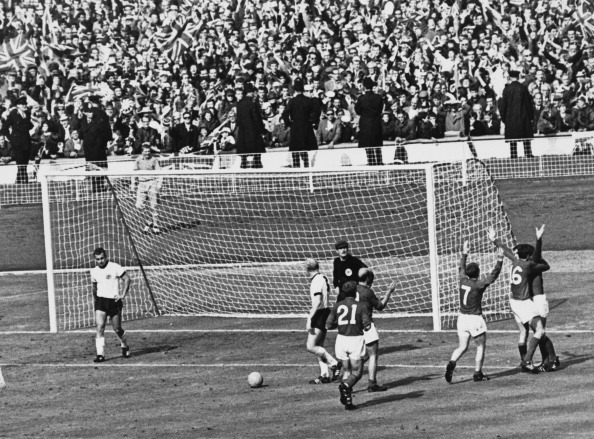
In arguably the most iconic event to take place at the stadium, England lifted the Fifa World Cup for the first, and only, time in 1966.
With Elizabeth II watching on, England beat West Germany 4-2 to win the trophy – it was the most-watched event in British television history.
Geoff Hurst famously scored a hat-trick for the Three Lions while Martin Peters netted the fourth for Alf Ramsey’s side.
England are yet to make another World Cup final.
Wembley demolished
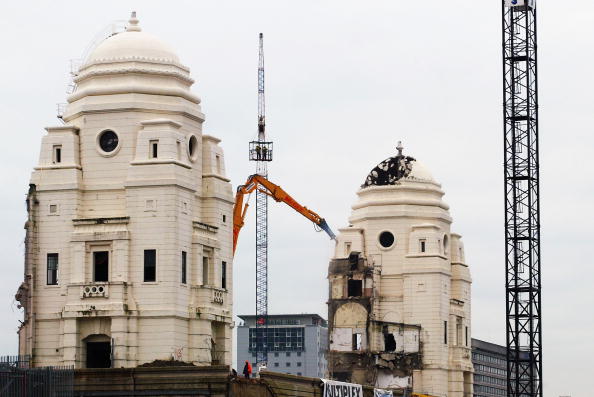
After a history of football, rugby, wrestling and even Evil Knievel, Wembely Stadium in its iconic white towered glory was demolished in 2003.
A new stadium would be built, swapping the towers for an iconic arch, opening in 2007.
It was a controversial move, and the results aren’t loved by all (a City A.M. office straw poll provided a 50-50 split in favour of new versus old).
2020 Euros (2021 due to Covid-19)

Quite simply, the biggest event the stadium has seen in men’s football this century.
England were on a run to the Euros final and Wembley saw them beat the likes of Germany to get there.
Standing between them and a first major trophy since 1966 was Italy.
Luke Shaw put the Three Lions ahead in the second minute before Leonardo Bonucci equalised in the second half.
England went on to lose 3-2 on penalties.
Lionesses’ Wembley Glory
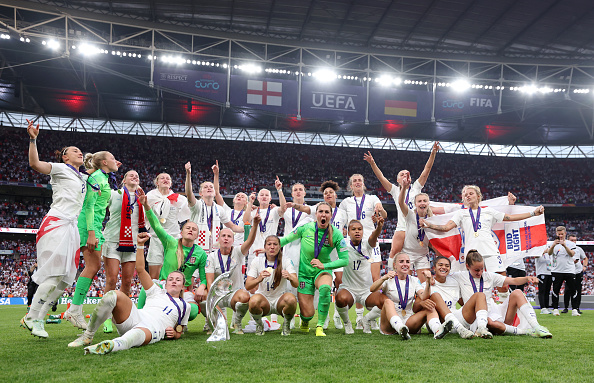
But within a year, much of that was forgotten.
Because the Lionesses beat Germany in the final to claim their first European title.
It was an event which has pushed women’s football to the forefront of minds in this country and produced iconic images such as Chloe Kelly’s sports bra celebration.
Ella Toone put England ahead in the 62nd minute before Lina Magull equalised 17 minutes later.
Kelly netted in the 110th minute to seal the victory. Iconic.
Build it and they’ll come?
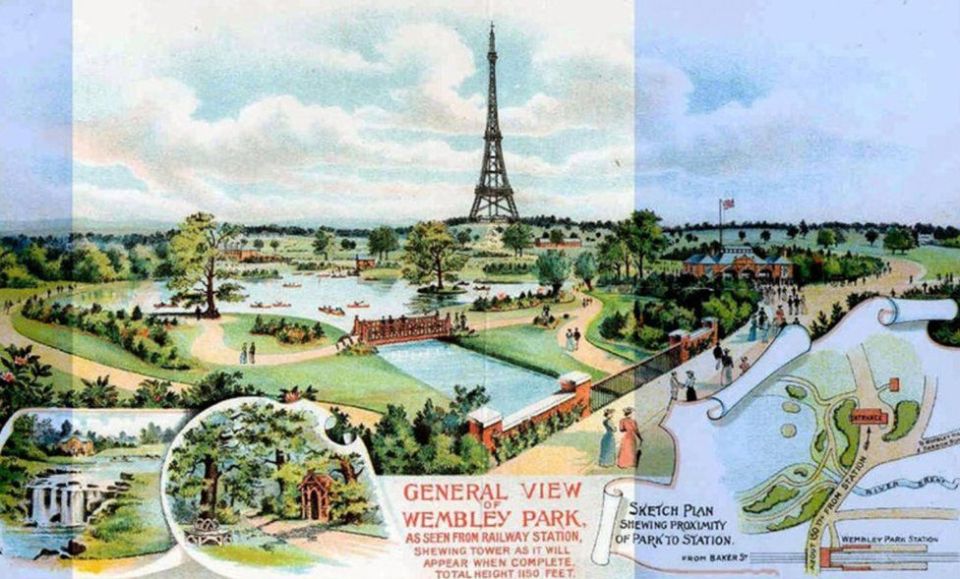
But what about before Wembley? Well, there were plans for a tower to rival the famous one across the English Channel in Paris.
Sir Edward Watkin planned to build a structure that would dwarf the 300m tall Eiffel Tower with the idea of London’s poor being able to enjoy country air.
The tower began construction and reached 37m but soon became what was described as Watkin’s Folly due to all of the issues the project faced.
What was built was demolished in 1906 but the open spaces became popular and in 2023 the original Wembley was opened.
Over a century of existence in multiple forms, Wembley Stadium has been at the core of a number of iconic events in the history of the capital and nation.
And though it’s given us a fair share of hurt, pain and enjoyment, there’s no reason as to why Wembley cannot go on living its iconic life for another 100 years.
Happy birthday, Wembley.